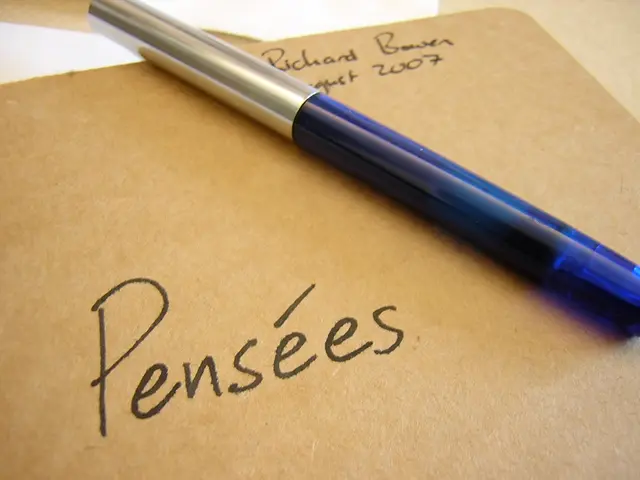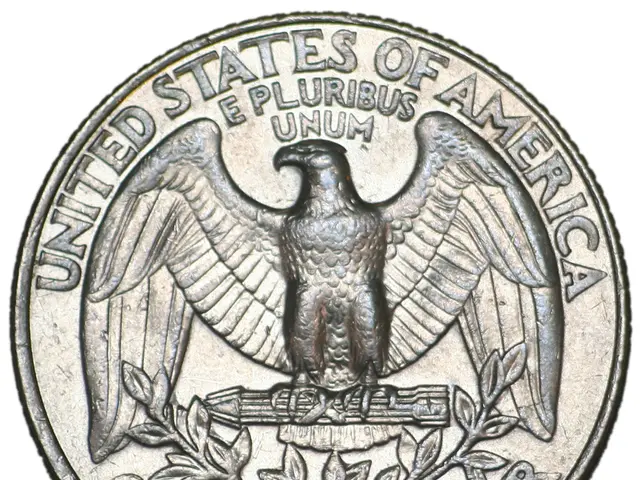Introduction to New York Times' Lineup of Online Puzzles and Games
In the world of word games, The New York Times has established a formidable collection that challenges players' minds daily. Last year, these games were played over eight billion times, demonstrating their immense popularity. Among the avid players is Aviv Kotok, who plays Strands, The Mini, Connections, and Wordle every day in the same order.
Each game requires a unique approach to succeed. In **NYT Strands**, the central theme guides the selection of words. Players should focus on this theme as a compass, looking for related words embedded in the 6x8 letter grid. Identifying the spangram, a key word or phrase that stretches across the board, can help unlock the puzzle. Scanning for common prefixes and suffixes, and noting word placement and symmetry, can also aid in solving the puzzle. For every three non-theme words found, players receive hints revealing letters or the order of undiscovered theme words.
**The Mini Crossword** requires a strong vocabulary and quick pattern recognition. Players should focus on the crossing letters from known answers to deduce unknown words. Starting with the shortest and most common words helps build a framework.
**Connections** is all about grouping words into four sets of related words. Players should look for obvious thematic or categorical connections, use process of elimination, and pattern spotting to identify tricky connections.
**Wordle** requires strategic guessing based on letter frequency and position. Starting with strong seed words containing common vowels and consonants is crucial. Using the feedback on letter correctness and placement to narrow guesses, applying letter frequency and positional logic, and avoiding repeating letters eliminated by previous guesses are key strategies.
Each game rewards pattern recognition, thematic thinking, and efficient use of clues or hints. For Strands, particularly, leveraging the theme and spangram mechanics is critical, while Wordle benefits most from strategic guessing based on letter frequency and position. No single universal method applies to all games, but mastering the unique structure and clue systems in each maximises success.
The Daily Themed Crossword app is recommended for building up Mini skills. Strands is a new game similar to a word search, where you are given a theme and must find words that go along with this topic as well as the "spanagram," which is a word that describes the theme. If you find multiple words that do not have to do with the given theme, you can get hints for the correct words.
Players can approach Wordle creatively by choosing a word that resonates with the day or mood. Bronx Science students have access to a basic New York Times subscription, which includes The Mini, Sudoku, Wordle, Connections, Spelling Bee up to the "Solid" level, the Beta version of Strands, and a limited amount of Vertex and Tiles.
The New York Times Games create a community of discussion and collaboration, challenging people's attention spans and promoting deeper connections between words and concepts. Practice improves skills in The Mini, making it easier over time. Maysha Chowdhury '25 mentioned that she loves playing the games because it makes for talking points with class friends and makes her feel smarter. Jordana Franklin '25 stated that the New York Times Games make her think and form deeper connections between words and concepts.
With The Mini, Kotok's competitive self strives for a quick finish rather than accuracy, which usually doesn't work in his favour. Kotok, in Connections, doesn't mind using up a few of his attempts on obscure connection guesses as long as he eventually reaches the correct categories. If three of the four words guessed in Connections belong together, a "ONE AWAY" message is displayed. With Wordle, Kotok starts with the word "arise" and sometimes uses "adieu" or "audio." If he's feeling spontaneous, he'll use a word that has to do with current events.
In conclusion, the NYT word games offer a unique challenge for players, requiring a blend of pattern recognition, thematic thinking, and strategic guessing. Mastering the unique structure and clue systems in each game maximises success and provides a rewarding experience for players.
- In the world of entertainment, discussions and collaborations often arise around The New York Times Games, which not only challenge players' attention spans but also promote deeper connections between words and concepts.
- For those with an interest in technology and lifestyle, apps like The Daily Themed Crossword can help build up skills for games like The Mini, a crossword puzzle that requires a strong vocabulary and quick pattern recognition.
- In the realm of sports and competition, players like Aviv Kotok approach Wordle, a game of strategic guessing based on letter frequency and position, with a creative twist, sometimes choosing a word that resonates with the day or mood to keep the game interesting.




